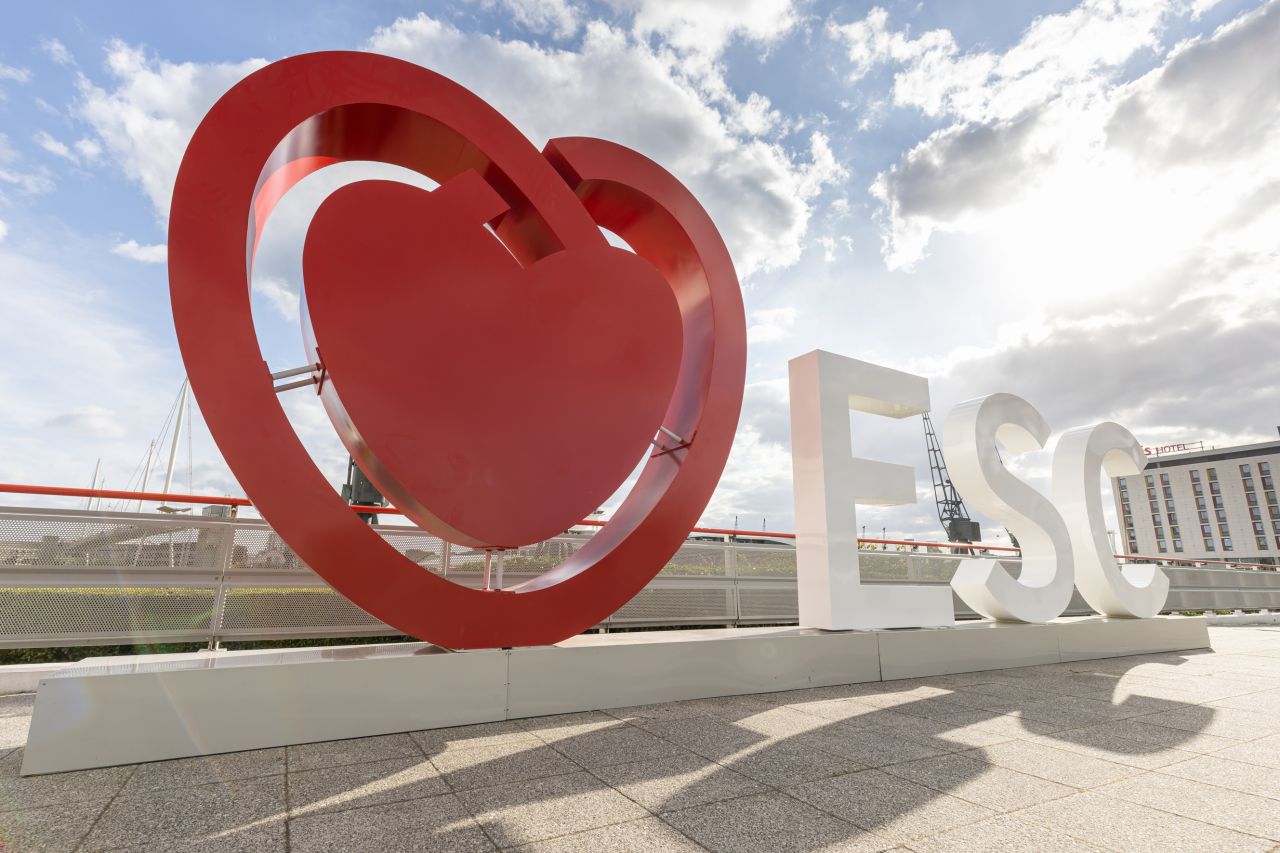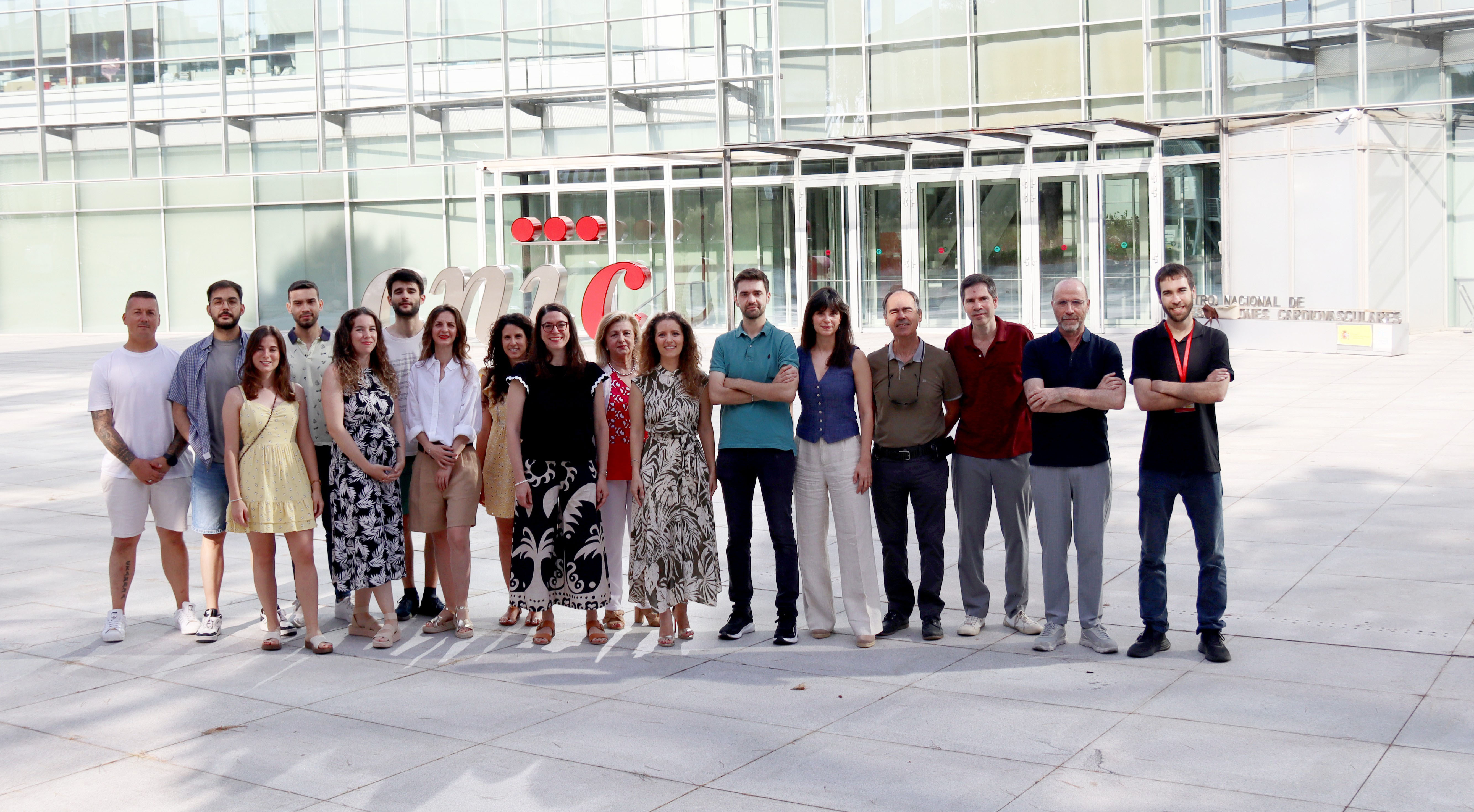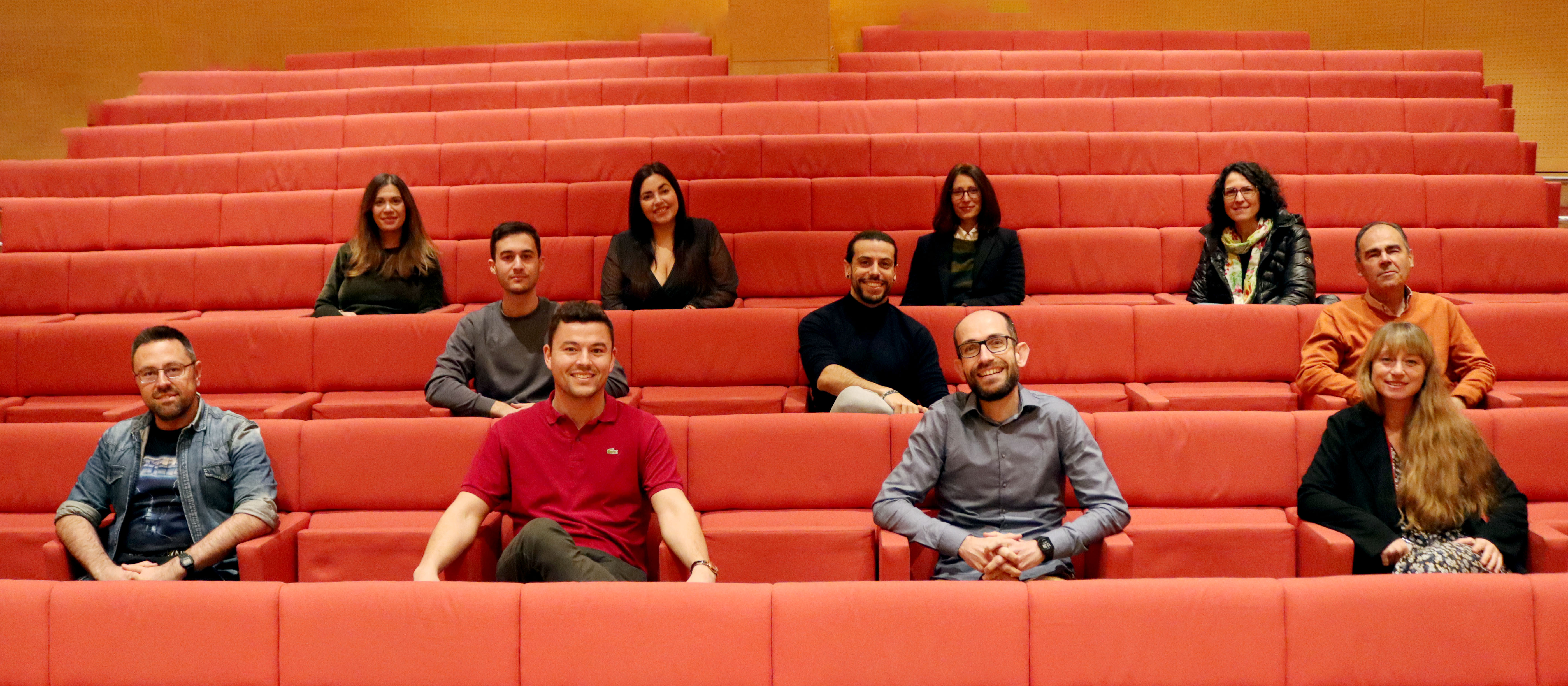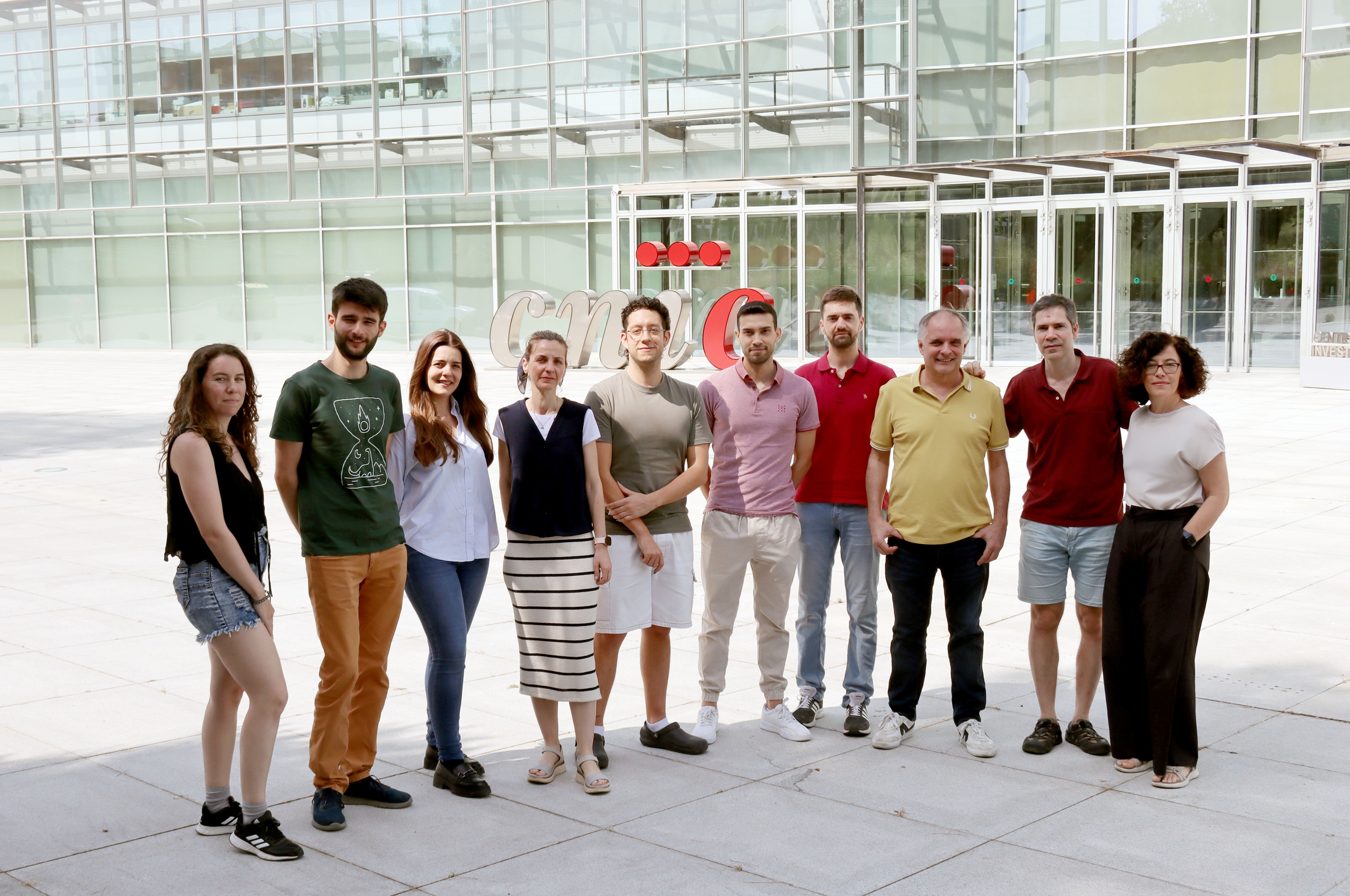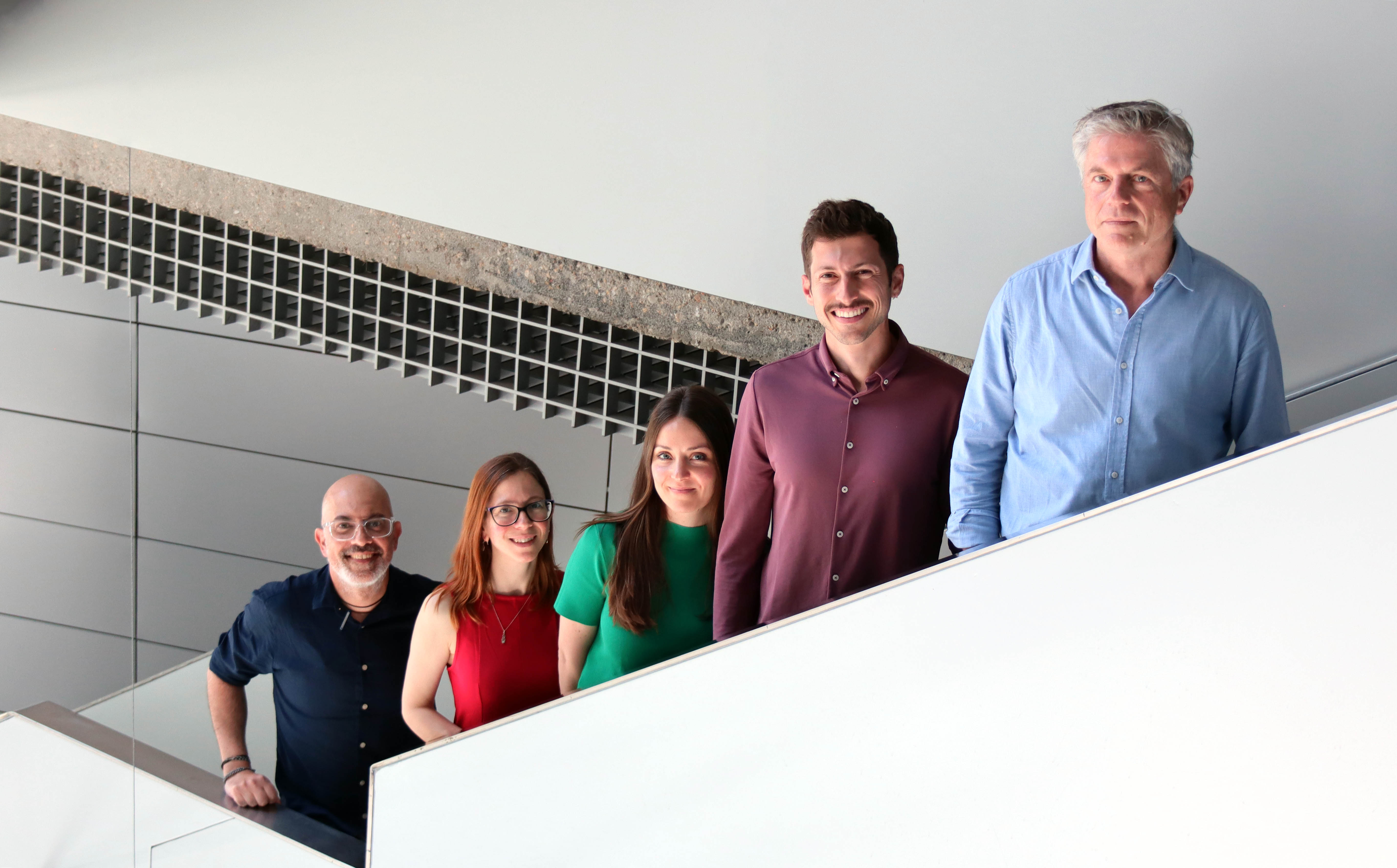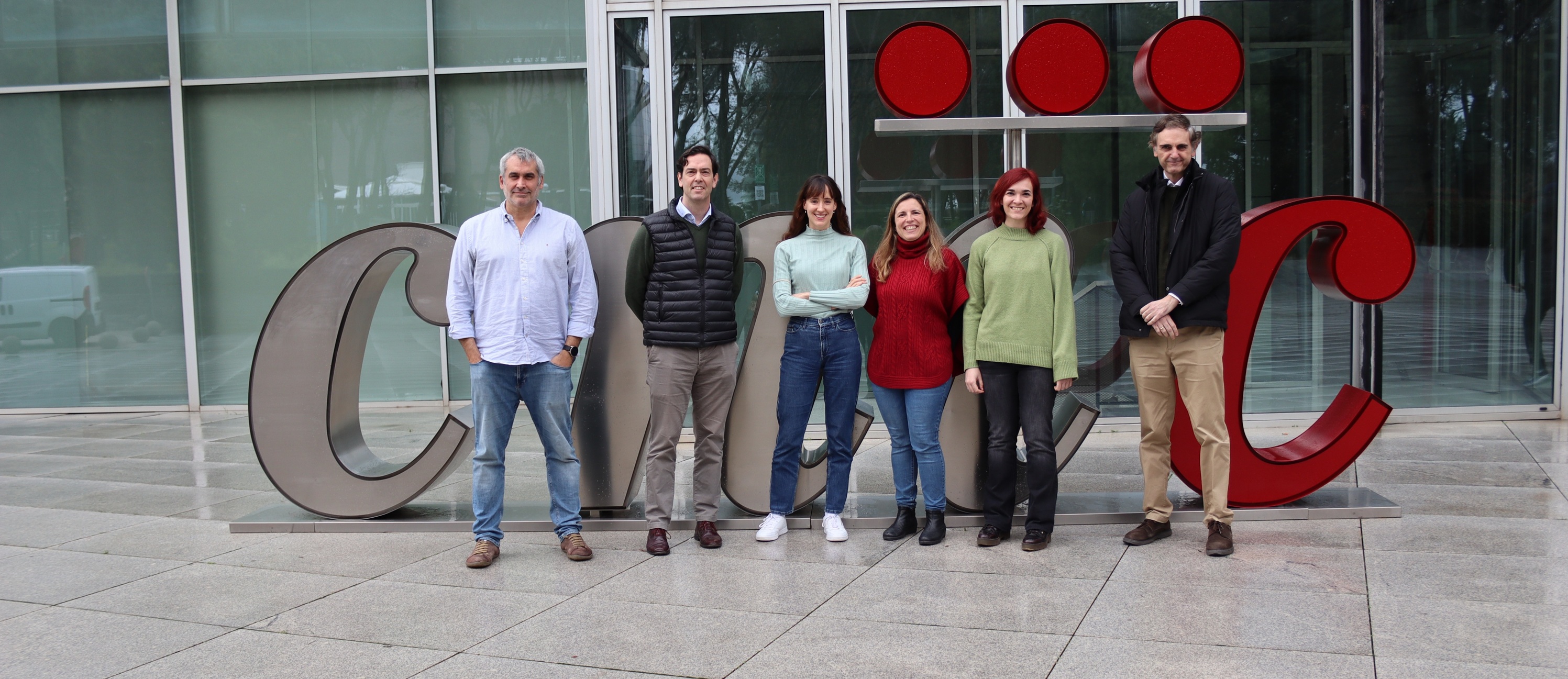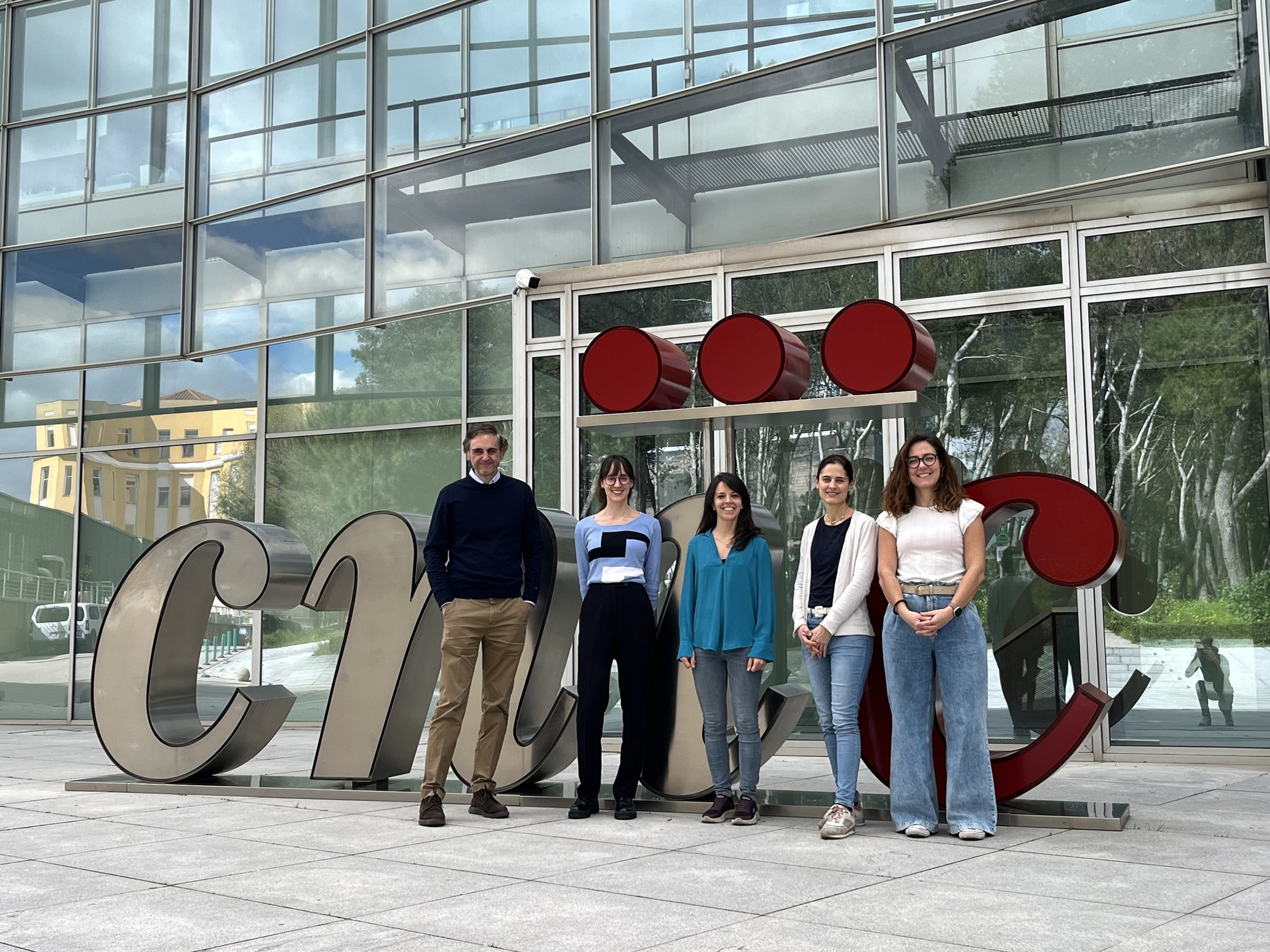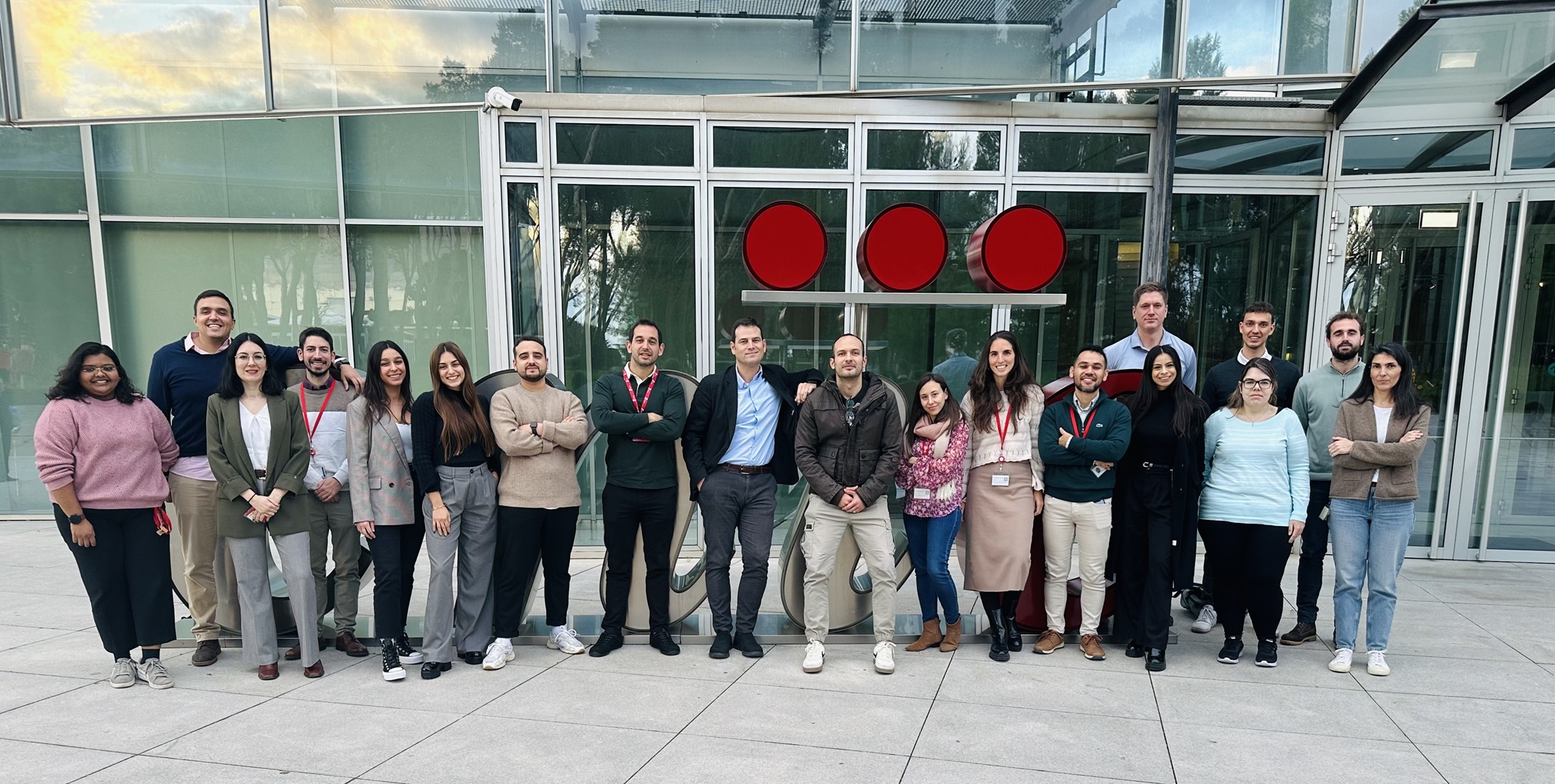News search
|
Research 30 Aug 2025 REBOOT trial, coordinated by the CNIC, shows that treatment with beta-blockers provides no benefit to patients who experience an uncomplicated heart attack that leaves the contractile function of the heart intact. |
|
About the CNIC 30 Aug 2025 The REBOOT study was presented during the European Society of Cardiology Congress (ESC Congress 2025) in Madrid |
|
Research 16 Jul 2025 A new study led by the CNIC has identified imidazole propionate (ImP), a metabolite produced by gut bacteria, as a driver of atherosclerosis— as a driver of atherosclerosis, the disease behind most heart attacks and strokes |
|
Research 5 Jun 2025 This new tool will advance the development of treatments for congenital muscle diseases and cardiomyopathies. |
|
Research 2 Jun 2025 A team from the CNIC has discovered the key role of conventional type 1 dendritic cells (cDC1) in atherosclerosis and has developed an experimental therapy with immunosuppressive nanoparticles that slows the progression of the disease in animal models. |
|
Research 29 May 2025 CNIC researchers have discovered that the heart is formed from two independent cell types that act in synchrony from the onset of gastrulation. This finding could help to better understand the origin of certain congenital heart defects and open up new opportunities in regenerative medicine and tissue bioengineering. |
|
Research 14 May 2025 Dr. Mariell Jessup is Chief Science and Medical Officer of the American Heart Association |
|
Research 9 Apr 2025 A CNIC team has developed an innovative gene therapy strategy for arrhythmogenic right ventricular cardiomyopathy type 5 (ARVC5), a rare and deadly inherited condition that particularly affects young men |
|
Research 2 Apr 2025 Scientists at the CNIC and the University of Bern have found that heart surgery in male mice early in life creates a "memory" passed down to the next generation. Published in Circulation, the study suggests that a parental history of heart surgery should be considered when evaluating cardiovascular health in descendants. |
|
Research 4 Feb 2025 The study, published in JACC: CardioOncology, shows that administration of the SGLT2 inhibitor empagliflozin to pigs receiving anthracyclines preserves mitochondrial function, improves myocardial energetics, and prevents degenerative changes in heart structure |
- ‹ previous
- 2 of 13
- next ›

